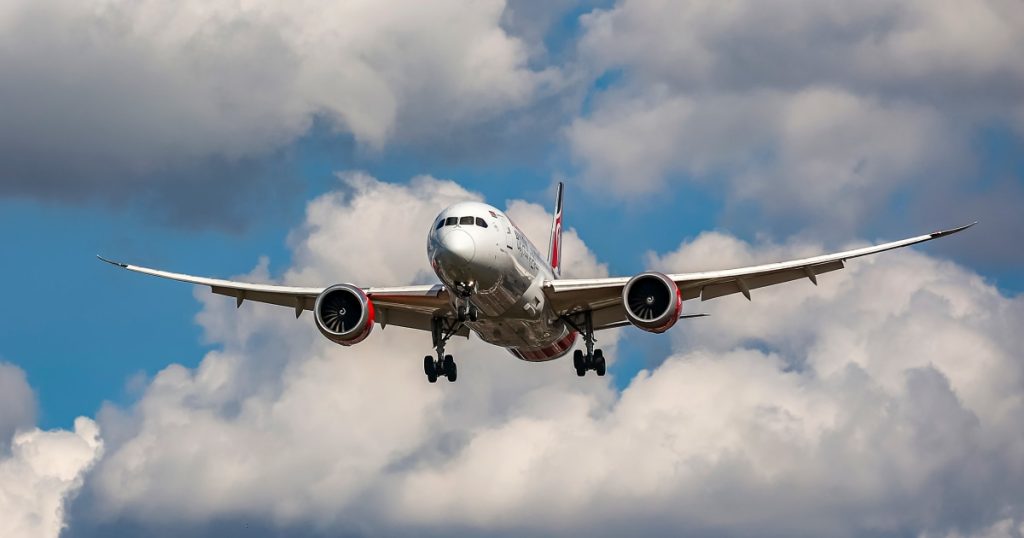The Federal Aviation Administration (FAA) has opened an investigation into Boeing following concerns that required inspections on 787 Dreamliner jets may not have been completed. Boeing voluntarily informed the FAA of potential incomplete inspections in April, specifically related to bonding and grounding where the wings join the fuselage on certain 787 Dreamliner airplanes. The FAA is looking into whether Boeing completed the inspections and if company employees falsified aircraft records. Boeing is now re-inspecting all 787 airplanes within the production system and developing a plan to address the in-service fleet, with the assurance of taking any necessary action to ensure public safety.
While Boeing did not immediately respond to requests for comment, Scott Stocker, leader of the Boeing 787 program, assured South Carolina Boeing employees that the matter is not an immediate safety concern for in-service fleet. Stocker commended a factory employee who raised concerns about a required conformance test in the wing-body join, leading to the discovery that several people had been failing to perform the test but falsely recording completion. Boeing promptly informed regulators about the misconduct and is taking corrective action with multiple teammates. Stocker confirmed that the engineering team has assessed the situation and determined that while there isn’t an immediate safety of flight issue, the misconduct will affect customers and factory teammates due to tests now needing to be performed out of sequence in the build process.
In addition to the inspection concerns, a whistleblower, Boeing engineer Sam Salehpour, has raised claims about structural failings in Boeing’s 787 Dreamliner planes that could potentially cause them to break apart. The FAA is investigating these claims, with Boeing strongly disputing them and expressing full confidence in the 787. Boeing has been at the center of negative stories and controversies since incidents like a door panel blowing out on a Boeing 737 Max 9 plane operated by Alaska Airlines in January. The FBI alerted passengers in March that they may have been victims of a crime being investigated by the bureau. Concurrently, Boeing announced the departure of three senior executives, including its CEO, in the same month.
The situation with Boeing has garnered attention and scrutiny, especially as the FAA continues investigations into the company’s operations and potential safety concerns with the 787 Dreamliner jets. The voluntary disclosure of potential inspection issues by Boeing and the subsequent regulatory responses indicate a concerted effort to address any lapses in adherence to safety protocols. The fallout from various incidents, including the door panel incident on the 737 Max 9 and the allegations of structural failings on 787 Dreamliner planes, has raised questions about Boeing’s internal processes and protocols. The swift action taken by Boeing to investigate and address these issues is crucial in maintaining public trust and ensuring the safety and integrity of its aircraft fleet.
Boeing’s handling of the inspection concerns, the allegations made by the whistleblower, and the subsequent investigations by the FAA and other regulatory bodies will likely have lasting implications on the company’s reputation and operations. The importance of maintaining stringent safety protocols and ethical standards in aircraft manufacturing and maintenance cannot be overstated, particularly in light of recent events involving Boeing aircraft. As the investigations unfold and corrective actions are implemented, transparency, accountability, and a commitment to ensuring safety must remain at the forefront of Boeing’s efforts to address and rectify any shortcomings in its processes. The consequences of these incidents serve as a reminder of the high stakes involved in the aerospace industry and the critical importance of upholding safety and quality standards in all aspects of aircraft production and maintenance.


